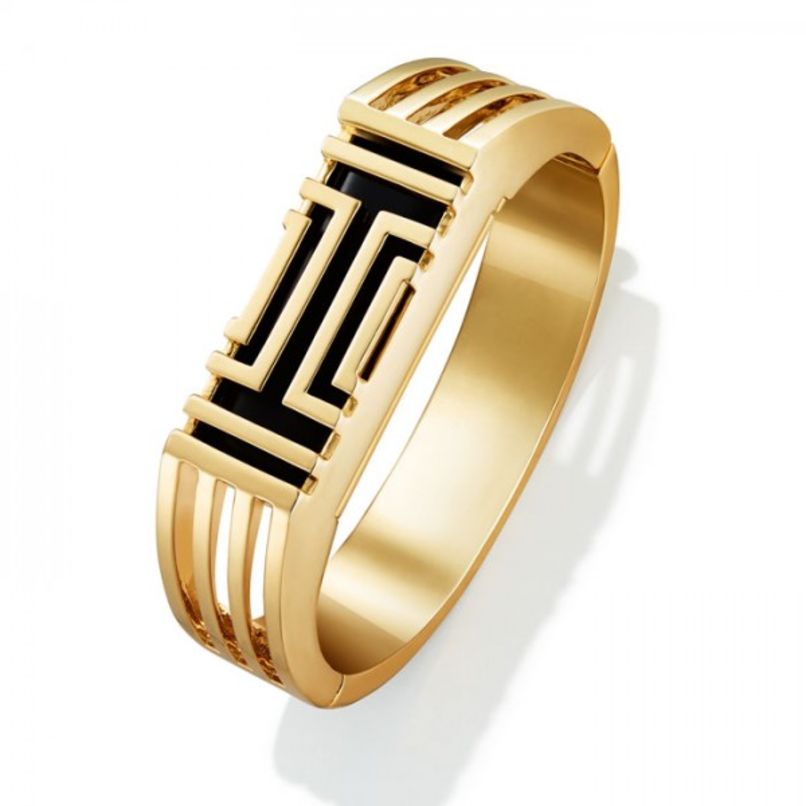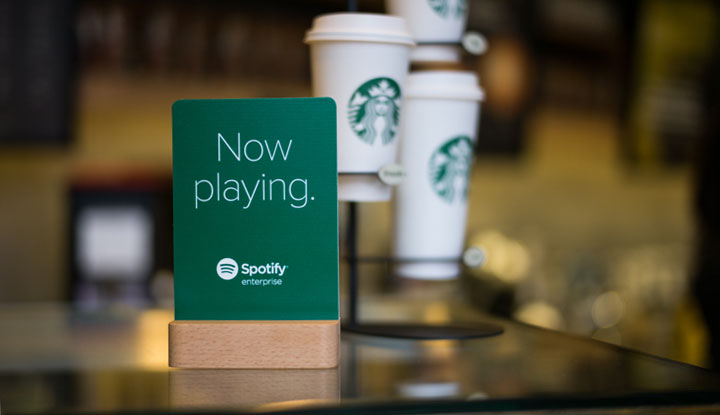
Today it is common place for brands to collaborate with each other.
“When two brands come together, everyone wins,” says SAY Media, Inc. “A joint project is a great way for brands to do something innovative and interesting, but with less risk since fans of both brands are likely to get excited. It’s also a great way for brands to stay relevant and introduce themselves to new audiences.”
Collaboration can be a fun way to increase the value of your brand. You can expose your brand to an entirely new market or territory, strengthen your existing brand awareness, or create additional revenue streams.
When Two Brands Become One
Who doesn’t think that Doritos Locos Tacos is the most amazing option on the Taco Bell menu? Target’s Missoni line generated a shopping frenzy. The retailers’ collaborations with Lilly Pulitzer, Altazurra, Phillip Lim, Prabal Gurung, Zac Posen, Jean Paul Gaultier, and Alexander McQueen make it a super star co-brander. While fashion continues to find new ground in fitness as Tory Burch partners with Fitbit.

Febreeze is another winner, partnering with such products as Mr. Clean, Tide, Bounce and Downy. Starbucks recently announced their partnership with Spotify, linking Starbucks’ company-operated stores in the U.S. and My Starbucks Rewards loyalty members with Spotify’s global users. Spotify has already found success in its partnership with Uber.
Not all co-branded collaborations are product driven. Other examples include event sponsorships, event hosting, fundraising partnerships with charities, long-term relationships between charities and social enterprises, and co-branded contests or giveaways.
Nor are all collaborations successful – like Google Glass trying to get hip with Warby Parker. From a marketing perspective, you’ll want to identify what you want to achieve, the possible monetary and non-monetary benefits, and whether you’re being true to your brand. For example, the announcement that McDonalds would be an Olympic sponsor of the 2012 games wasn’t exactly a brand-fit and faced heavy criticism from health campaigners.

Once you’ve found your perfect strategic partner, it’s important that each brand is on the same page – literally. A few legal considerations include, but are not limited to:
-
How will your brand will be featured in the co-branding venture?
-
How will you maintain brand integrity?
-
Will exclusivity be part of the relationship?
-
Who will bear any legal, market research or product development costs?
Let’s explore each issue in detail.
Brand Appearance
Your co-branding campaign will likely fall into one of three categories: ingredient cobranding (Febreeze/Tide), cooperative cobranding (Target/Missoni), or complementary cobranding (Seagrams/7Up). The category of the relationship and power behind the partner brand will likely dictate the size and placement of your brand in marketing materials.
Your tech startup’s launch party will take place at a local club. A liquor distributor will provide refreshments and give away commemorative gifts branded by one of its liquor brands. How many brands will your attendees see in marketing materials? Will one brand be featured more prominently than another?
Brand Integrity
Another consideration is maintaining brand integrity throughout a co-branding campaign. Co-branding companies will typically share style guides, each party licensing the right to use its brand to the other—so long as the other party’s use conforms to the guidelines.
Approval rights are worth negotiating. Quality control provisions are a legal necessity when granting someone rights to use your brand assets. Also consider the reputation of your co-brander.
For instance, I negotiated a deal involving a certain “bad boy rock star” where we had to give the celebrity some leeway to maintain his public persona. However, we wouldn’t tolerate conviction on a felony or misdemeanor. If the relationship will last beyond a single event, how can you terminate the campaign if things start to go sour?
Brand Exclusivity
Will you ask for exclusive rights to use your collaborator’s branding in a particular product or service category, or in a particular industry? Will the relationship be limited to a particular country or region?
Brand Costs and Ownership
Don’t overlook the costs involved in creating a co-branded campaign. If one or more of the parties will enter into a new territory, who will bear the cost and responsibility of the trademark clearance searches for the brand?
If R&D is necessary, who pays and who owns any new “inventions” coming out of the R&D? For example, it’s unlikely that Carvel’s Cinnebon ice cream flavor was made by blending Cinnebon cinnamon rolls into a vat of ice cream. A lucky chemist had to develop the new flavor ingredient. Who owns that formula?
Make sure you have your legal deal points in place before you try to maximize your brand through collaboration. Then celebrate catapulting your brand into new markets.
This article has been edited and condensed.
Kelly Weiner is an NYC-based attorney and owner of Kelly Weiner Law PLLC. Kelly provides general counseling on trademark, copyright and advertising laws and intellectual property support in mergers, acquisitions and other corporate transactions. She helps clients develop, protect and exploit their ideas and brands, offering a wide variety of services relating to trademarks, copyrights, domain names, social media and advertising. She provides strategic advice, assistance with planning and budgeting, brand evaluation, trademark clearance and filing, representation relating to contentious trademark matters, competitor analysis, intellectual property intelligence, advice concerning licensing and other commercial transactions. Connect with @kellyweiner_tm on Twitter.
© YFS Magazine. All Rights Reserved. Copying prohibited. All material is protected by U.S. and international copyright laws. Unauthorized reproduction or distribution of this material is prohibited. Sharing of this material under Attribution-NonCommercial-NoDerivatives 4.0 International terms, listed here, is permitted.













